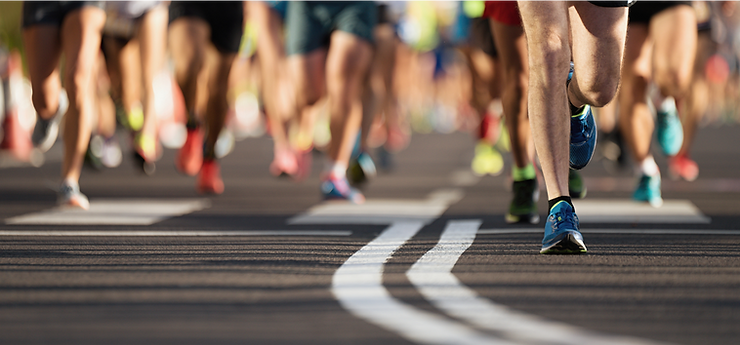Introduction
Training for a marathon transcends physical running; it’s a complete endeavor involving mental resilience, nutritional strength, and physical endurance. As a sports dietitian, I’ve observed how the right nutrition can significantly impact an athlete’s performance both in preparation and on the race day. This in-depth guide aims to equip you with valuable marathon training insights, emphasizing optimal nutrition strategies to propel you across the finish line both powerfully and swiftly.
Personalizing Your Training
Marathon training epitomizes the principle of individualization. A strategy effective for one athlete may not yield the same results for another. Hence, experimenting with diverse nutrition strategies during training is vital to discover what best suits your body. Remember, race day should not be a trial day; ample testing and tweaking prior to the event is crucial.
Try various pre-run meals to achieve a harmony of carbohydrates, protein, and fats that maintain energy without inciting digestive discomfort. Certain runners prosper on high-carb nutrition whereas others benefit by mingling proteins and good fats. Ensure a 2-3 hours gap between your meal and run commencement, supplementing with a carbohydrate-rich snack 30-60 minutes before hitting the pavement.
Adapting Your Stomach
Nurturing your stomach holds as much significance as training your muscles. Long-distance running can distress the gastrointestinal (GI) system, causing problems like cramps, bloating, and diarrhea if left unchecked. To sidestep GI troubles on race day, progressively enhance your uptake of fluids and carbohydrates during training runs. Begin with small doses of easily digestible options such as energy gels, bananas, or sports drinks every 30-45 minutes to condition your gut to bear nutrition while running.
Considering Supplements
Although a well-rounded diet must be the core of your nutrition scheme, supplements can enhance your regimen and address specific demands. Here are vital supplements to think about incorporating into your marathon training:
- Sports Drink/Carb Mix: During extended exertion, carbohydrates become essential fuel. Engaging a sports drink or carb mix laden with glucose, fructose, and electrolytes offers a prompt energy source to uphold performance and stave off fatigue. Target an intake of 30-60 grams of carbohydrates per hour on lengthy runs to boost endurance and avoid glycogen depletion.
- Blackcurrants: Blackcurrant extract is gaining traction for its potential in amplifying endurance and muscle recovery. Packed with antioxidants and anthocyanins, they may enhance blood flow, oxygen delivery to muscles, and post-exercise recovery. Incorporating a blackcurrant supplement, such as the 2before product, in your pre-race regimen could provide a natural performance surge. 2before is available in both caffeinated and non-caffeinated varieties. Discover it here: 2before.com with a discount code: JESSICA.
- Caffeine: Known as an ergogenic aid, caffeine can enhance endurance by diminishing perceived exertion and boosting alertness. Caffeine consumption before or during lengthy runs could elevate focus, ward off fatigue, and enhance performance. Bear in mind individual tolerance levels vary, so it’s crucial to experiment with caffeine dosages during training to find the optimal level for you.
- Electrolytes: Exercise over long periods may lead to electrolyte imbalances, manifesting as muscle cramps, fatigue, and dehydration. Integrating electrolyte tablets or electrolyte-rich foods such as pickles, olives, salted nuts, pretzels, and dairy into your diet will assist in maintaining fluid balance and supporting muscle efficacy amidst training and racing.
When incorporating supplements into your marathon training, it’s essential they are applied judiciously and under the guidance of a sports dietitian to ensure both safety and efficacy.
Conclusion
Achieving mastery over marathon training necessitates a multifaceted approach that encompasses physical conditioning, mental readiness, and nutritional refinement. As a sports dietitian, I underscore the significance of trialing various nutrition strategies, training your stomach, and prudently including supplements as a means to bolster your training objectives and enhance race-day performance. By placing an equal emphasis on nutrition and training, you will find yourself well-prepared to overcome the challenges of marathon running, approaching the finish line with power, speed, and satisfaction.
Presented by 2before Performance Nutrition





